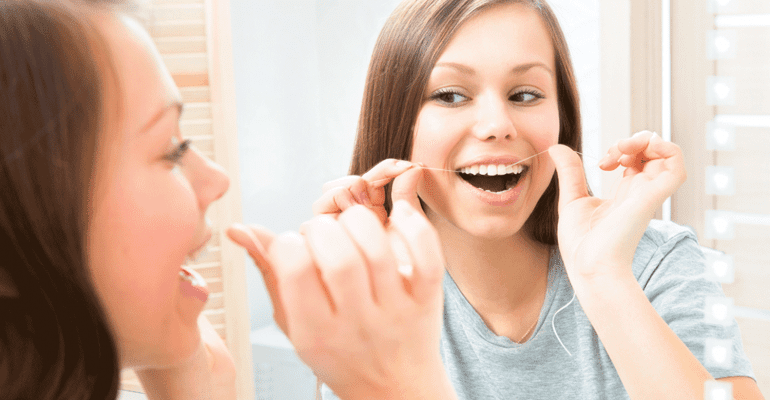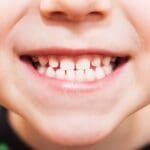Having white teeth is a sign of good health and personal hygiene, and is also essential for a lovely smile.
If your teeth aren’t as white as you’d like them to be, there are some things you can try at home for whiter teeth and a more beautiful smile.
While none of these suggestions will work in the same way as a professional whitening service, they can help whiten your teeth and they won’t cost you a fortune. Just remember to talk to your dentist before you try any home remedies to make sure they won’t damage your teeth. If you want to know how to make some lifestyle changes as well as to try some at-home treatments for whitening your teeth, just follow these steps.
Use whitening strips.
They should be approved by the American Dental Association (ADA) and shouldn’t contain chlorine dioxide, which can actually damage your enamel. Whitening strips should be made of polyethylene and you can find them at your local drugstore or even a supermarket.
- There will be two strips: one for your lower teeth and one for your upper teeth. Each will be lined with a gel that will help the strips adhere to your teeth.
- The average cost of whitening strips is about $30.
- You can purchase a whitening kit at your dental office
Use whitening gel.
Find an ADA-approved gel to use on your teeth and read the instructions to understand the process of using a whitening gel. Then, brush the gel onto your teeth with a small brush, just as you normally would — for at least two minutes. Then, spit out the remaining gel and rinse out your mouth until the gel is gone.
- Continue using the whitening gel twice a day for fourteen days, or for however long the product is recommended on the instructions. You’ll see results in just a few days.
- You can purchase a whitening kit at your dental office
Use whitening toothpaste.
Make sure the toothpaste is ADA approved before you purchase it. ADA approved whitening toothpastes whiten your teeth by gently removing their surface stains through polishing, chemical chelation, or other processes that do not require bleach. You can find many of these toothpastes over the counter.
- Use the toothpaste just as you would use any other toothpaste, brushing your teeth for at least two minutes and then rinsing your mouth.
Eat natural teeth helpers.
Some foods can actually help you keep your teeth white. Here are a few of them:
- Eat more apples, celery, and carrots. They’re like a fruit and veggie toothbrush for the teeth and they help increase the production of saliva in your mouth, removing plaque. As an added bonus, their high levels of vitamin C help to kill off odor-causing bacteria and strengthen your gums.
- Eat more strawberries. They contain a natural astringent (malic acid), which helps to lift stains. To get the most benefits, consider rubbing half a strawberry over your teeth or mashing the strawberry and applying it to your teeth. Leave for one minute, then rinse clear.
- Rinse with a glass of half lemon juice and half warm water once a week. This will lighten your teeth. Don’t do it more than once a week though, as the lemon juice can erode teeth too.
- Eat more hard cheese. It helps to increase saliva production in the mouth, thereby removing the bacteria that stains teeth.
Brush your teeth twice a day.
While brushing and flossing won’t remove existing stains, good mouth hygiene is essential to preventing more staining and to keep your teeth in excellent shape. The first most useful thing you can do is to brush your teeth regularly, to remove plaque, pieces of food and drink residue. Plaque will attack your teeth and gums if left in place and brushing (in conjunction with flossing) helps to disturb its ability to grow.
- Brush before or after breakfast and before going to bed. This is a minimum; many people also like to brush after lunch and even after snacks, especially if they are sugary snacks.
Avoid foods or beverages that stain your teeth.
Schedule regular dental appointments.
Have your dentist clean your teeth professionally at your regularly-scheduled appointments. This will help you maintain good dental hygiene, spot any cavities, and keep white, healthy teeth. Remember to talk to your dentist before you try any teeth whitening product to make sure that it won’t hurt your teeth.
- If you have very sensitive teeth and gums, or crowns or some other dental work that won’t react well with a whitening product, your dentist will know.
- Serious teeth darkening is usually best remedied by professionals.










